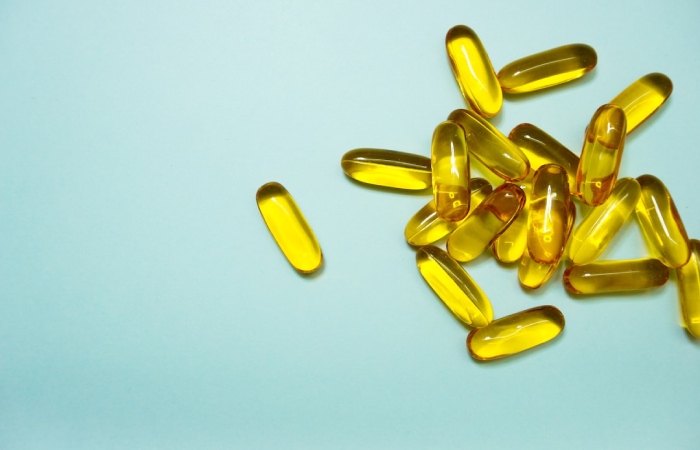Supplement Manufacturing: The supplement industry has seen a meteoric rise over the past few years as consumers become increasingly proactive about their health. Understanding the process that turns a health-focused idea into a tangible product on shelves can be both complex and fascinating. From the initial concept to the finished product, many intricate layers unfold in the supplement manufacturing journey. In this article, we’ll decode the steps and considerations that bring a dietary supplement from inception to the consumer’s hands. Below, you’ll find an in-depth look into creating a supplement product.
Understanding the Supplement Manufacturing Process
The journey begins with supplement manufacturers transforming a custom formula or idea into a viable product. Initially, experts evaluate the feasibility of the supplement based on market analysis, target demographic, and the uniqueness of the proposed product. It’s critical to consider the bioavailability and synergistic effects of ingredients to ensure efficacy.
Subsequently, a prototype is developed, often requiring several iterations before finalization. This step involves rigorous testing for stability, potency, and consistency—a stage where high standards are non-negotiable. Engaging with reputable vitamin supplement manufacturers is crucial to navigate these complexities efficiently.
After perfecting the prototype, manufacturers scale the process to production volumes. This scale-up must maintain the integrity of the product, ensuring that each batch possesses the same nutritional value and quality as the prototype. Meticulous attention is given to process optimization to maximize yield while maintaining product quality.
The final aspect of the manufacturing phase focuses on quality control. This includes verifying that each batch meets predetermined specifications and is free from contaminants. The facilities where supplements are made also undergo regular audits to comply with good manufacturing practices (GMP), which ensures products are consistently produced and controlled according to established quality standards.
Key Steps in Supplement Formulation and Development
Developing a new supplement begins with a thorough formulation process. Specialist formulators and nutritionists play pivotal roles in selecting appropriate ingredients and their respective doses. The goal is to create a formula that delivers the desired benefits while maintaining safety for consumption.
Numerous tests are conducted during the development phase to ensure the formula is stable and has a satisfactory shelf life. This often entails storage under various conditions to simulate the different environments the product may encounter once distributed. A period of trial and error is expected before the optimal formula is established.
Lastly, selecting the appropriate delivery mechanism—such as tablets, capsules, or powders—is part of formulation considerations. Each has its own manufacturing requirements, benefits, and consumer appeal, influencing how the supplement is perceived and utilized by end-users.
Navigating Regulatory Compliance in Supplement Production

Regulatory compliance is paramount in the production of dietary supplements. Laws and regulations, which vary from country to country, set the standards for the safety, manufacturing, and labeling of these products. In the United States, the Food and Drug Administration (FDA) oversees these regulations, though the industry is largely self-policed.
Manufacturers must ensure that their products comply with the Dietary Supplement Health and Education Act (DSHEA) of 1994, which categorizes supplements as food, not drugs, and therefore not subject to premarket approval. However, this does not exempt them from rigorous quality and safety standards. Companies need to ensure they do not make unfounded health claims about their products, which could lead to serious legal repercussions.
Third-party certifications can play a critical role in confirming compliance with industry standards. Certifications from organizations such as the National Science Foundation (NSF) International, US Pharmacopeia, or the Non-GMO Project provide consumers with additional assurance of a product’s quality and safety.
Moreover, the introduction of new ingredients may require a notification to the FDA, including evidence that the ingredient has been recognized as safe. This often involves comprehensive research and documentation, underscoring the importance of transparency in the supplement production process.
Developing and manufacturing a dietary supplement is an intricate dance of science, regulation, and marketing. Each step, from sourcing quality ingredients to ensuring regulatory compliance, plays a crucial role in establishing the trust and efficacy that consumers demand. By maintaining rigorous standards throughout the process, manufacturers can deliver not just a product but a promise of better health and well-being.

